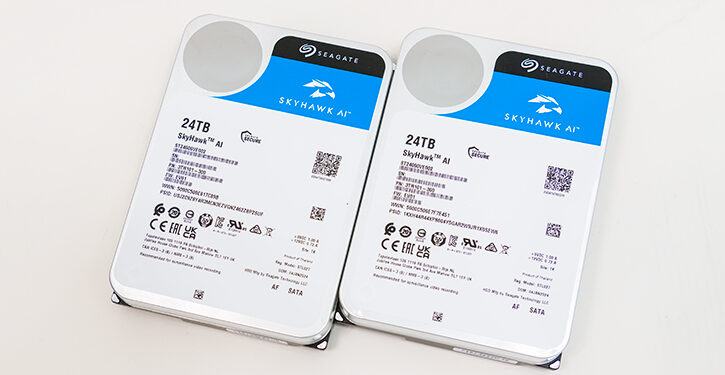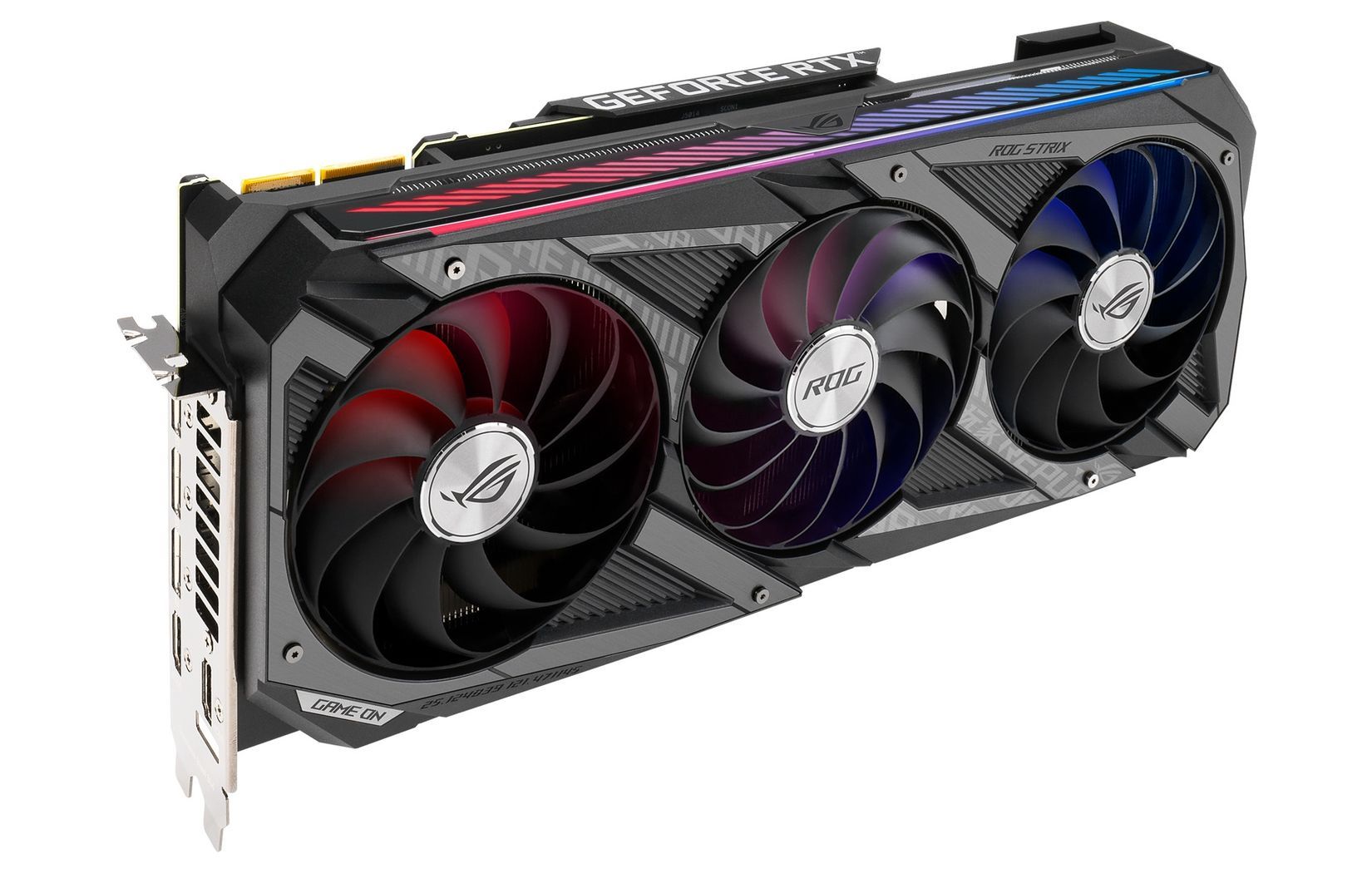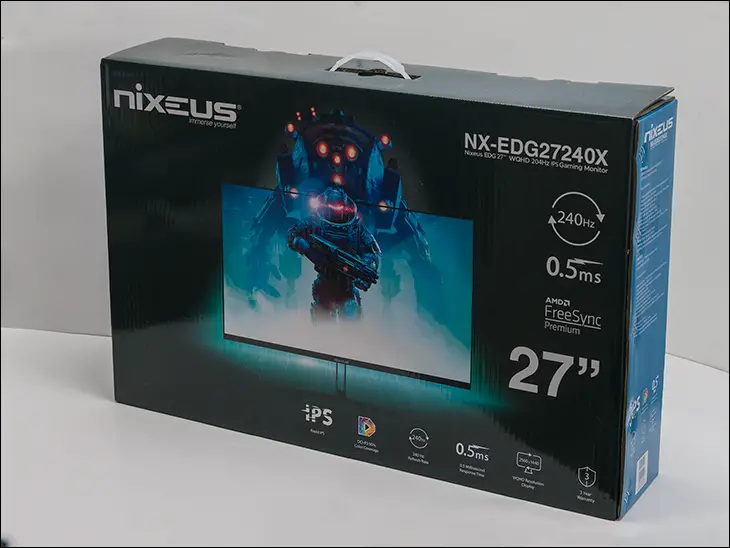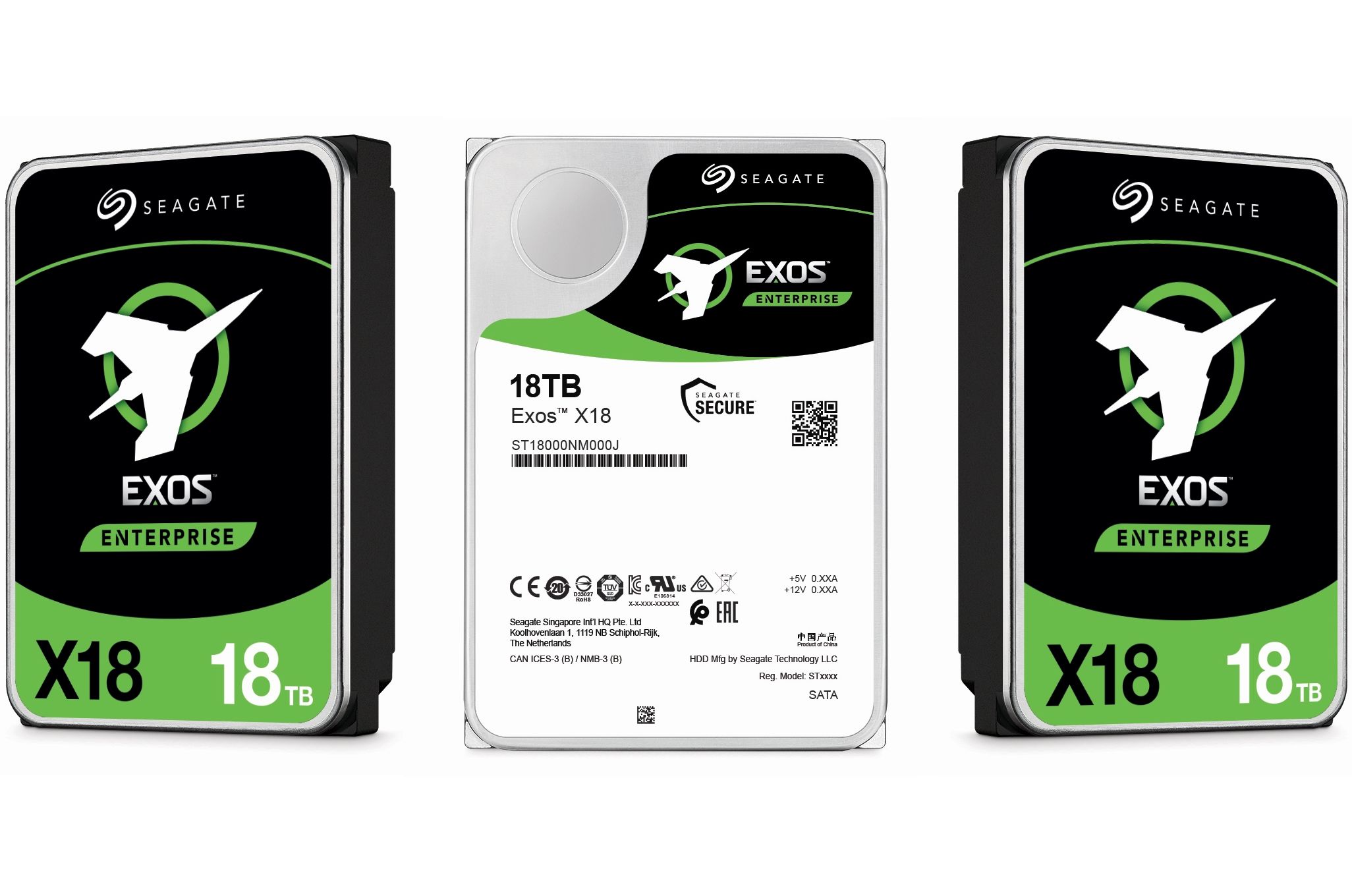While it is indeed true that darn near any modern mega-capacity hard disk drive can “whistle the tune” in virtually any scenario one can name there are exceptions. Exceptions which can, and do, radically alter the Total Cost of Ownership due to a major difference between ‘good enough’ and optimized performance. Take for example surveillance systems. Forget China. Forget the UK or Japan or China. Forget any major metropolitan city in any major country that can have as many to even more cameras than they do people. Instead, just think of the number of business with a couple video cameras for insurance purposes… or even home owners with half a brain who want to combat porch pirates. All that data has to be recorded and held for at least 30days in order to get that sweet, sweet insurance credit. When dealing with one camera any hard drive can handle the task ‘good enough’. Now make it four. Eight… even thirty two. All with a 4K “High Bitrate” video stream that has to be recorded in real time. First time. Every time. Not many “off the shelf” hard drives can do that now can they. This is where Seagate and their SkyHAWK AI model enters the chat as that is precisely what this series was built from the ground up to do. Specifically the new $460 (USD) 24TB variant.

With just a quick perusal of the specifications one can easily be forgiven for not getting what makes the SkyHAWK AI series different than the IronWolf Pro 24TB (~480 USD) or even EXOS X24 (~440 USD). After all, all are based on the same Exos X foundation. All offer similar to same read/write specifications. Similar to same warranty. With the exception of the label many a generation of ‘Hawk AI look just like a ‘Wolf Pro or Exos. So what is the differences, and are they worth the difference in cost?
This is actually one of the most common questions where get asked about HDD based storage. After all, if “all” the specifications are so close as to be a rounding error, and yet the SkyHAWK AI series consistently costs more than an Enterprise grade EXOS X drive of the same capacity (and generation) why would anyone purchase anything other than an “enterprise grade” Exos X?!
In a nutshell that is precisely the question we are going to answer today… as it been a couple generations since we last looked at the ‘Hawk series. As such we are going to test, retest, and test some more in a variety of scenarios. Then armed with all the data, we will give our opinion and recommendations on when the SkyHAWK AI series makes sense, and when it is a less than optimal choice.









